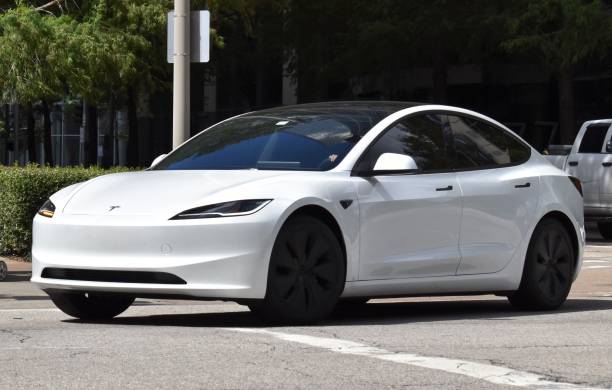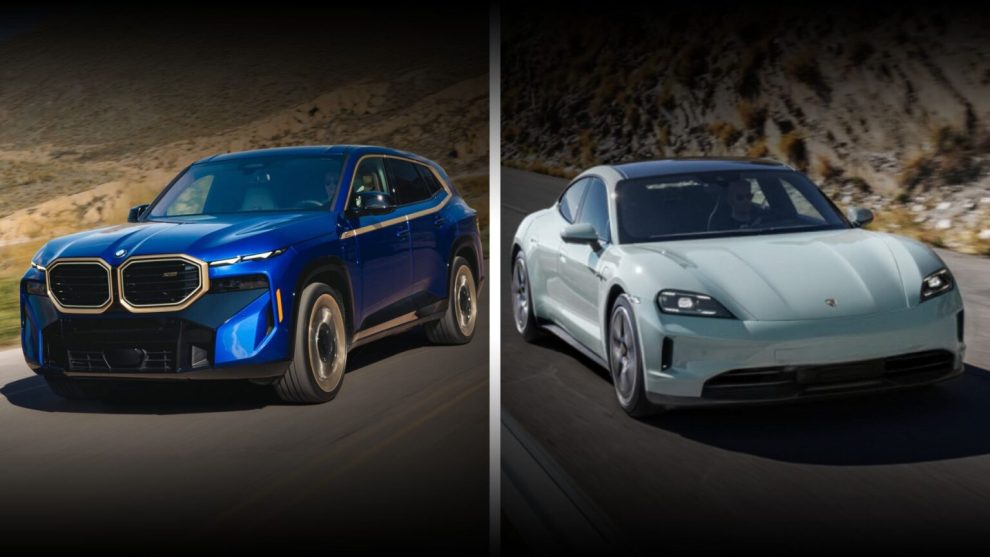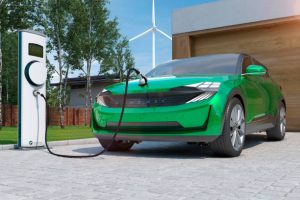Introduction
Purchasing a new automobile is a serious choice, and now that environmentally friendly alternatives are becoming more popular, it is a more complicated process than ever a complicated process. Electric and hybrid vehicles are rapidly moving to the mainstream in the UK, yet what is the appropriate one to purchase? This guide disaggregates on the differences to allow you to make a decision.
The UK motor industry is evolving rapidly. Plug-in hybrids or fully electric cars accounted for 27.8 percent of new cars sold as of August 2023, and more than 850,000 fully electric vehicles (EVs) were already on the road. The government is about to prohibit the sale of new hybrid cars by the year 2035, and it is important to see what you have at the moment to make a smart purchase.
We shall make a comparison of hybrid and electric vehicles in terms of performance, price, and practicality, which will provide you with the clarity to make a well-founded choice regarding your next automotive.
What Is a Hybrid Car?

A hybrid motor vehicle has a conventional petrol or diesel engine that is coupled with an electric motor. The objective is to achieve better fuel efficiency, in that the car will be able to alternate power sources or utilize them both. The engine charges the electric motor and there is a process known as the regenerative braking, which stores the energy when you decelerate.
Key Benefits of Hybrid Cars:
- Fuel Efficiency: Hybrid vehicles consume less fuel than traditional vehicles, and you save money in the gas station.
- There is no Range Anxiety: With a petrol engine as an option, there is no need to worry about finding a charging station during a long trip. Fueling is done at any petrol station as a normal car.
- Reduced Emissions: Hybrids generate fewer emissions compared to their full petrol-driven counterparts through partly using electricity, thus makes them a more friendly option. The Toyota Prius and Vauxhall Corsa are some of the common models in the UK.

What Is an Electric Car (EV)?
EV is an electric car, which functions solely on electricity. It does not have a fuel tank but a large battery pack, which supplies the electric motor. You only need to plug it in a charging point at home or one of the thousands of public stations around the UK to point to refuel it.
The major advantages of electric cars are:
- Zero Tailpipe Emissions: EVs do not emit exhaust fumes and this contributes largely to your carbon footprint and also helps to improve air quality.
- Reduced Operating expenses: Electricity tends to be less expensive than petrol and EVs are also less expensive to maintain due to fewer moving components.
- Tax Incentives: In the UK, purely electric cars that are priced below £40,000 will not attract road tax. Home charger grants and low rates of company car tax exist as well. The Nissan Leaf and MG ZS EV are the top-selling EVs.
Hybrid vs. Electric: Which Is Best for You?
The choice between a hybrid and an EV will depend on your budget, driving pattern and lifestyle. Comparing them is worth doing.
Refuelling and Driving range
The hybrids are the combination of the two worlds. You have the benefits of using an electric motor over short journeys and those of a petrol engine over long distances. It can be refuelled as easily as by a visit to the petrol station.
EVs require more planning. Although the UK is developing its charging infrastructure, and as of July 2023, there are more than 44,000 public chargers, range anxiety remains a problem to individuals with a high habit of travelling long distances. Nevertheless, an EV is extremely convenient in case your commute is mostly local and you can charge it at home.
Cost of Ownership
Firstly, EVs are usually more expensive to buy, but the prices are going down. But, they have lower costs of running in the long term.
You will be saving on fuel, road tax (on models that are less than 40k) and servicing. Some EV car insurance providers, such as Admiral or Direct Line, may be slightly more expensive, and therefore worth quoting.
Hybrids cost less to purchase than most EVs but to operate because of their use of petrol are more expensive. They also come with an engine and a motor and this can at times cause more complicated maintenance in the future.
Environmental Impact
EVs are obviously the best choice in zero tailpipe emissions. Nevertheless, there is the environmental fact of the production of the battery. Hybrids are a great composition to traditional cars and they are also capable of emitting the same way as their petrol engine.
Buying a Smartphone Future-Proof
The UK government is determined to achieve a zero-emission future with the investment of £500 million in 2030. New petrol and diesel vehicles will be prohibited from being sold after the year 2030 with new hybrids to be sold after 2035.
It will imply that an EV is a more future-proof investment, whereas a hybrid is a great intermediate into the future, as those who are not ready to move towards fully electric may use it.
Making the Right Choice for 2025

So, should you choose a hybrid or an electric car?
- The hybrid may also be your most optimal option when: You are a long-distance driver, and you are limited to charging stations, or you just need a more affordable initial entry point into greener driving without alteration in your habits.
- An electric car would suit well in case: the majority of your travels are within a local area, you have time to install a home charger, and you are interested in the maximum impact on the environment and long-term savings.
But after all it is the car that suits you. When you consider these factors, you will be able to drive in a car that fits you and the world.
Frequently Asked Questions
Q: What are the most important distinctions between the electric car and hybrid cars?
A: Hybrid cars are powered by a gasoline engine as well as an electric motor, whereas electric cars are powered by electricity only. This implies that hybrids still need petrol, and EVs need to be charged.
Q: What is the comparison of the running costs in the UK?
A: Electric vehicles come with reduced operating expenses because of reduced electricity prices and zero road duty on vehicles below 40,000. The hybrid cars are more fuel-efficient than the petrol cars, but they remain costlier to fuel as compared to EVs.
Q: Do the UK government incentives to buy these cars exist?
A: Indeed, the UK has some incentives on the sale of zero-emission cars, such as home charger grants and tax exemptions. The transition is being funded by the government by an amount of 500 million.
Question: What do hybrid cars and electric cars hold in the future in the UK?
A: By the year 2030, the UK government intends to prohibit the sale of new cars with petrol and diesel engines and by 2035, sell cars with hybrid engines. The policy is very encouraging towards a national transition to fully electric vehicles.












Add Comment